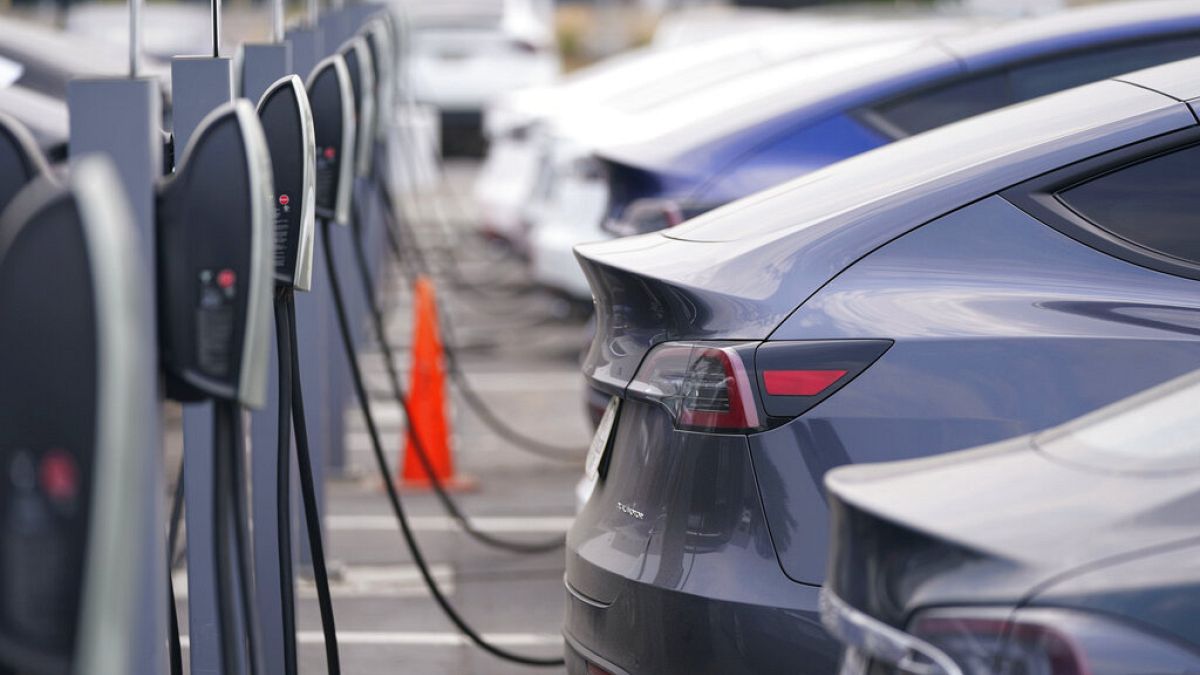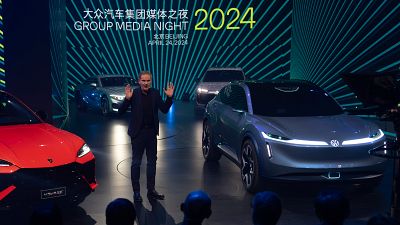European electric vehicles are unaffordable for a large number of Europeans, said the EU's external auditor body.
Electric cars will have to become cheaper in Europe, one of the key steps to avoid jeopardising the continent's 2050 climate goals, suggest the latest studies from the EU's external auditor.
The European Court of Auditors (ECA) released an overview of its four recently published special reports, giving a stark warning to the EU about its current policies for decarbonising the transport sector (accounting for 25% of the overall CO2 emissions).
To achieve net zero by 2050, the 27 member states have to significantly curtail carbon emissions from internal combustion engine (ICE) cars, find viable alternative fuel options and achieve mass-market adoption of battery electric vehicles (EVs).
According to ECA, none of the above is on the right path at the moment.
Cars emit the same as 12 years ago
According to a recent ECA study, the EU has made progress in reducing greenhouse gas (GHG) emissions, except for the transport sector, half of which come from passenger cars alone.
Their tests proved that real-world emissions from conventional cars have not decreased in the last 12 years. Though engines became more efficient over the past dozen years, more powerful ones had to be produced to put up with the new trend of heavier cars, resulting in the same emission.
"We are forced to acknowledge that, despite lofty ambitions and strict requirements, most conventional cars still emit as much CO2 as 12 years ago," said Nikolaos Milionis, a member of the ECA.
In addition, the auditors found that plug-in hybrid cars may not be as green as they are thought to be, according to tests, these models emit on the road 250% of what they do under laboratory conditions.
The 27 member states have the intention to introduce what amounts to a ban on new combustion engine cars from 2035. However, members of the ECA raised that alternative fuels appear to be not viable for mass market production at the moment, therefore a lot more electric cars will have to be sold to reach the EU's climate goals.
Meanwhile, electric vehicles (EVs) remain unaffordable for many and new battery electric car registrations still sit at a very low level.
The cost of EU-made batteries needs to be cut
The auditors highlighted that, despite significant public support, the cost of EU-made batteries remains much higher than planned, making EVs unaffordable for a large segment of the population.
Roughly half of the price of battery electric cars comes from the cost of the battery.
In Europe, the majority of the current EV sales (boosted by government subsidies) are in a price range above €30,000, and the average cost of batteries is €15,000.
To tackle the prices, the European EV battery industry needs a boost.
Less than 10% of global battery manufacturing is based in Europe, and the vast majority of it is done by non-European companies. Across the world, China accounts for 76%.
One particular hindrance for the bloc is an overwhelming reliance on imports of resources from, often domestically unstable countries. 87% of Europe's raw lithium imports come from Australia, 80% of manganese imports from South Africa and Gabon, 68% of its cobalt from the Democratic Republic of Congo, and 40% of its graphite from China.
According to the auditors, if EU capacity and competitiveness do not increase significantly, the 'e-car revolution' in Europe will rely on imports.
That could largely impact detrimentally its automotive industry, which currently employs 3 million people.
"Electric cars may really become a double dilemma for the EU: between green priorities and industrial policy, between environmental ambitions and consumers’ wallets," said Annemie Turtelboom, ECA Member.
Meanwhile, the available charging infrastructure is still insufficient, with large differences across the various countries, 70% of charging points are in France, Germany and the Netherlands.
The ECA calls for urgent action to ensure that European industry can produce e-cars on a large scale at competitive prices, while at the same time securing supplies of raw materials and boosting charging infrastructure across the continent.



